
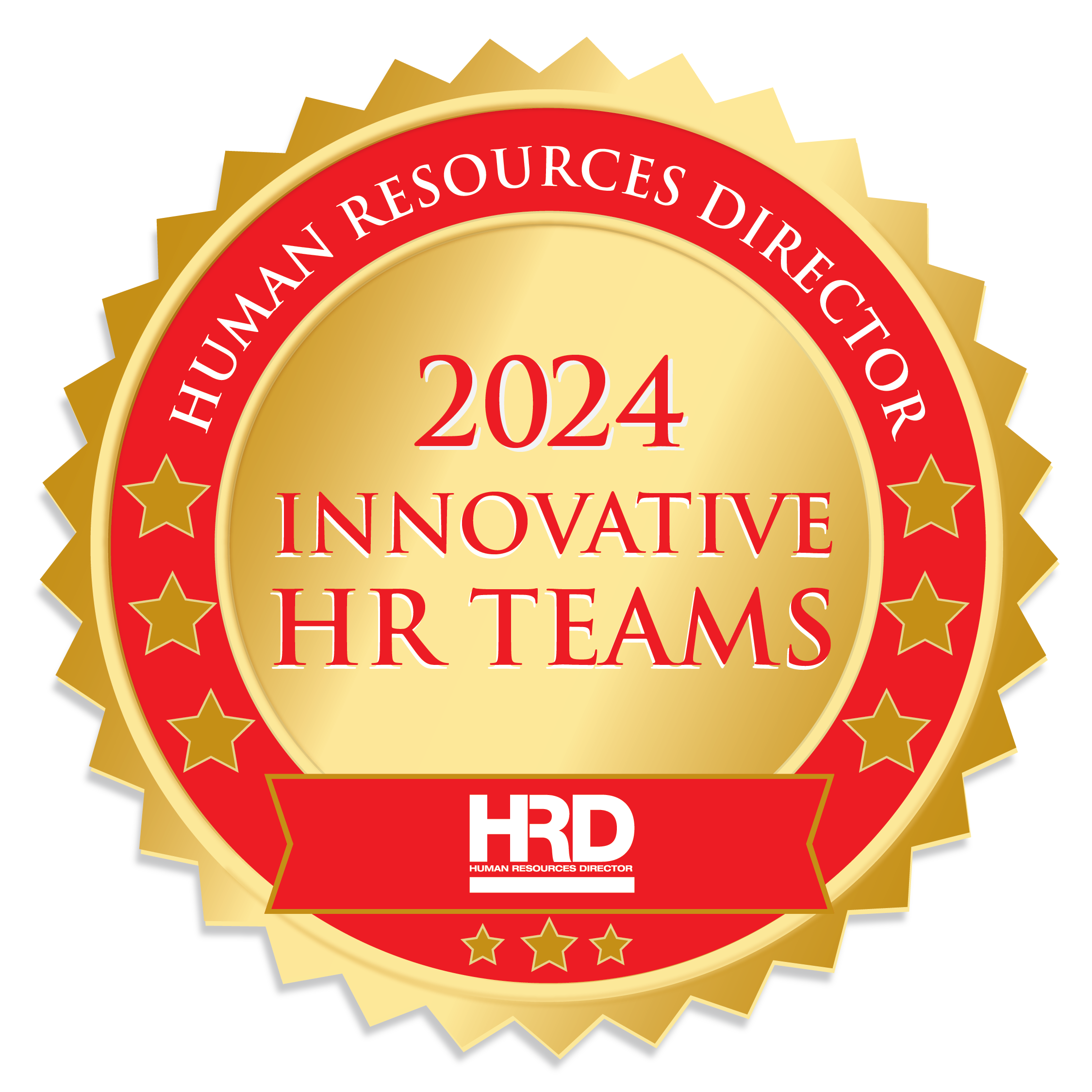
Jump to winners | Jump to methodology
The commercial world moves fast, and within that, the pace of HR innovation is even faster.
Industry expert Helen Coult, APAC regional president at Armstrong Craven, a global leader in research-driven talent solutions, highlights the key areas leading the innovation discourse for the best HR teams in Asia:
skills-based hiring
upskilling employees
retaining staff
“Looking at innovation, there’s all sorts of tech that you can leverage to help move the dial towards a place where you’re starting to build high-achieving teams,” she says.
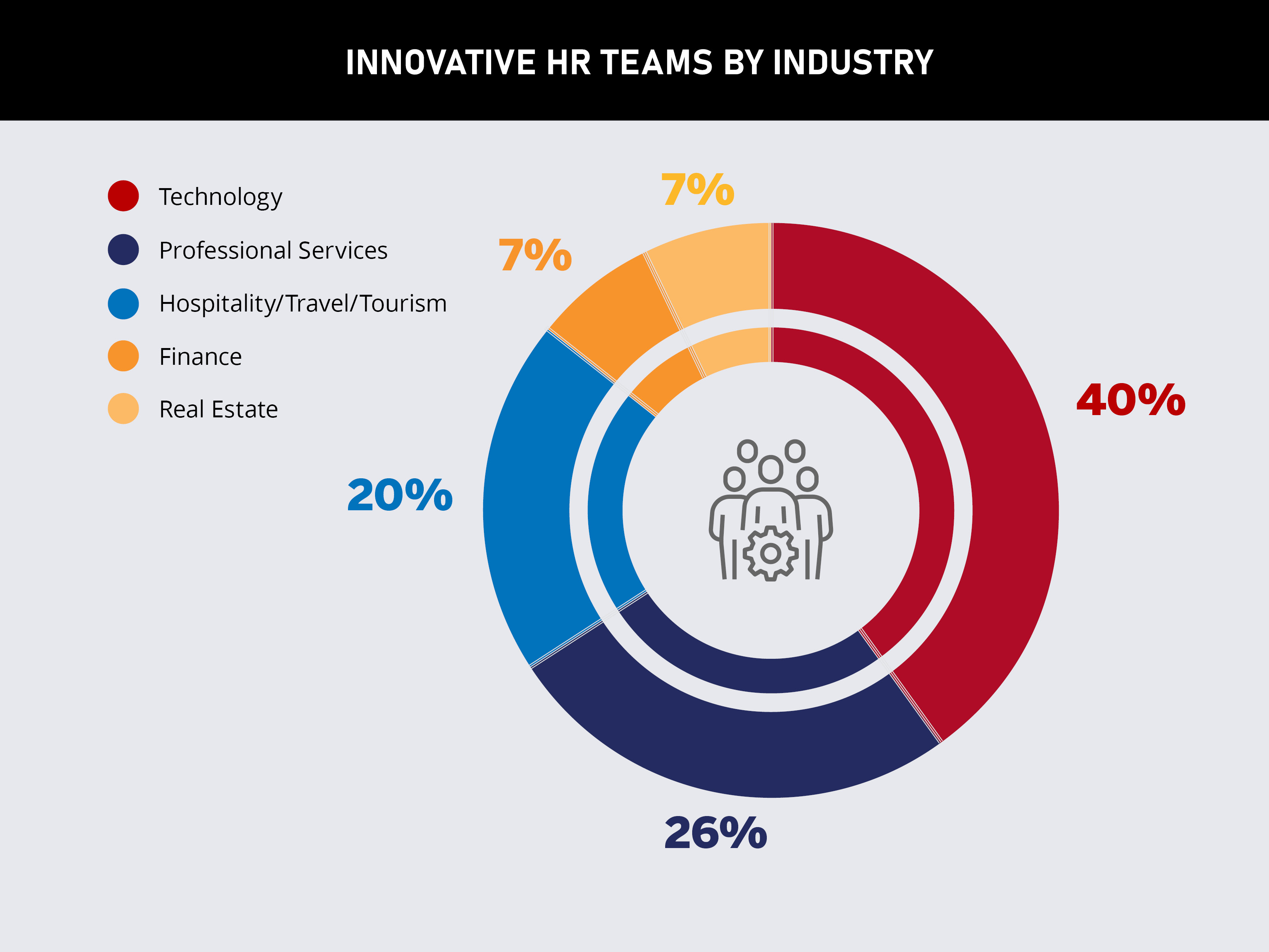
Part of the process in Asia relates to social expectations and the tiger parenting concept, where families push children to achieve certain titles and, as a result, the subsequent adult adopts a strict approach to remaining within the confines of their role.
“It’s more important now than ever to engage your employees by enriching their experience, leveraging their skills and potentially developing them further in ways the individual didn’t know they had the capacity to develop,” adds Coult. “It’s about enabling forward and creative thinking in safe spaces where employees are able to put their hands up and maybe not be 100% sure of something.”
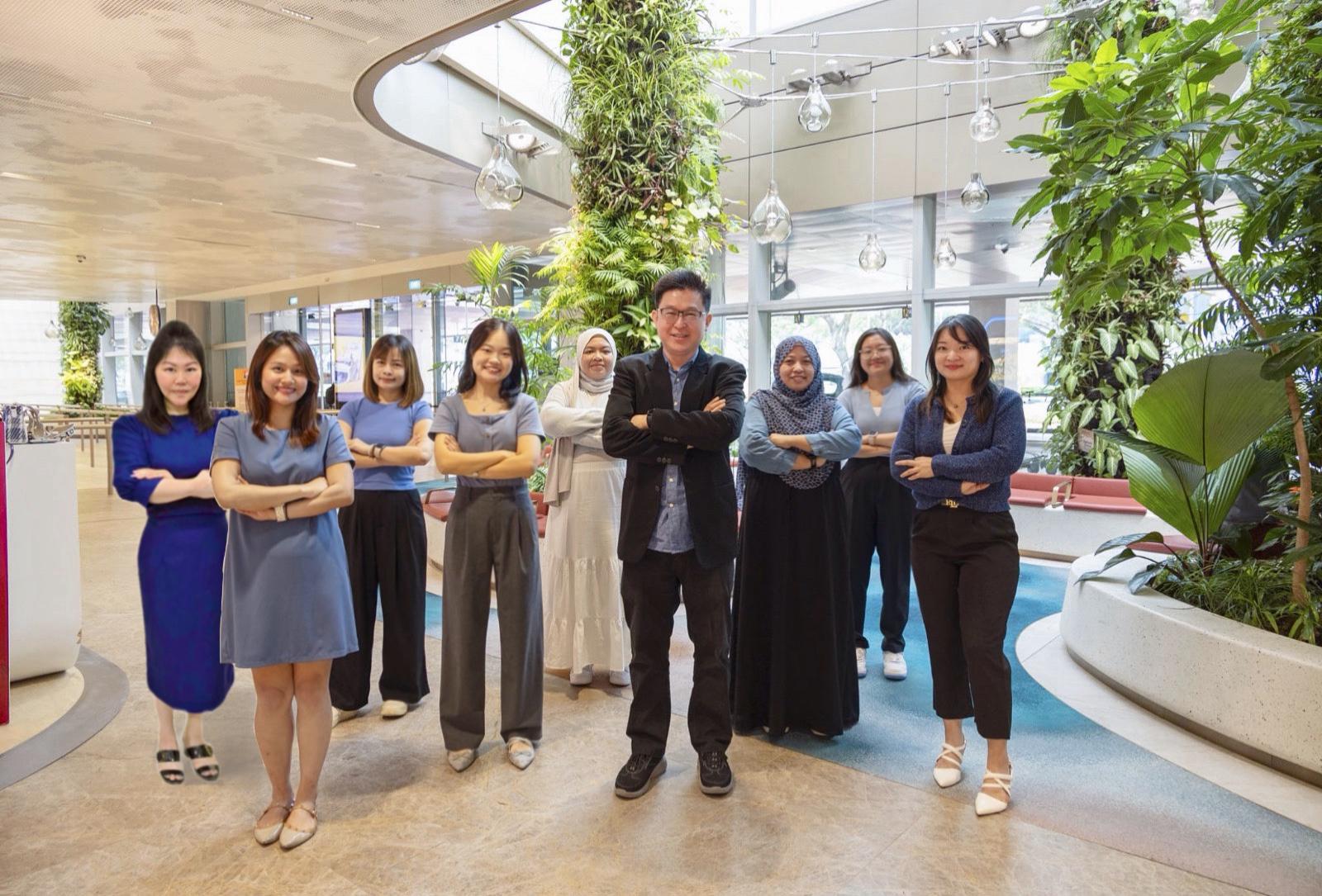
Headquartered in Singapore with operations across Southeast Asia, including Malaysia, Thailand, Vietnam and the Philippines, CTS aims to redefine the travel experience to fulfil the needs of contemporary travellers, whether for business or leisure.
Phan Yoke Fei, head of corporate services, says, “We constantly engage our employees and we have carefully curated programs to promote employee cohesion and work-life balance in the workplace, with a mixture of fun activities for employees, such as CTS partner’s appreciation day, health and employee engagement activities and anniversary celebratory events.”
And he credits CTS’s HR team for being “stable and excellent”.


Some of the team’s innovative HR offerings include:
a monthly company newsletter to engage and provide up-to-date developments to employees across the region
peer-to-peer recognition initiative to allow employees to nominate their colleagues who have gone the extra mile, to encourage cross-departmental engagement and recognition; 20 employees who receive five compliments from at least three different business units for a period of six months receive a $300 cash reward
a diverse workforce consisting of a well-balanced co-existence of four generations of employees
“The HR team was able to quickly recover from the effects of the pandemic and regained stability and continuity to enable the business to quickly rise back to the forefront of the industry, going through an equally rapid ramp-up of manpower requirements to respond to the reopening and recovery of the business by adding a third to the population of employees in the organisation – 100 employees – in the last six months,” adds Fei.
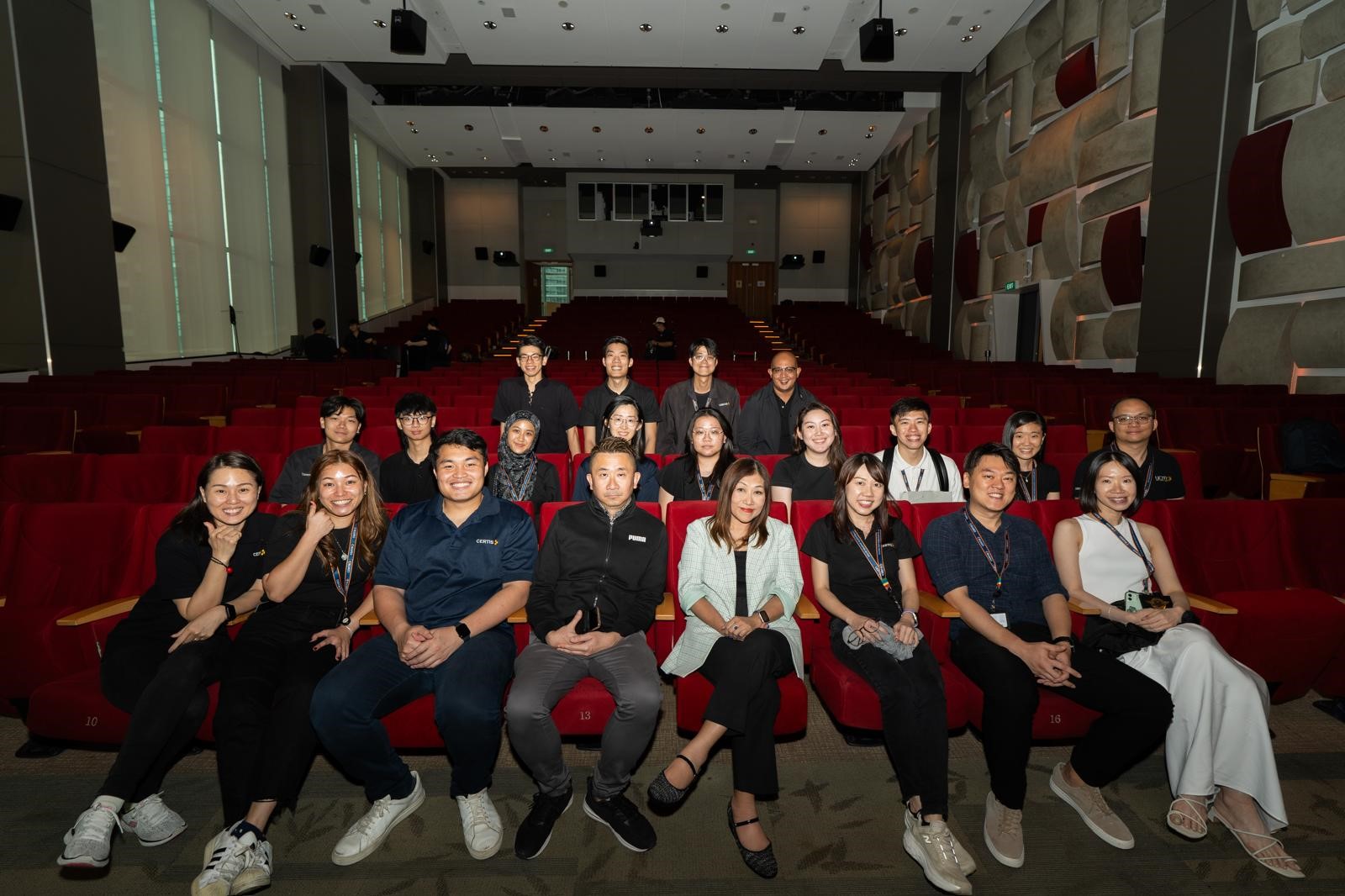
As a leading outsourced services partner, the Singapore-based company designs, builds and operates multidisciplinary smart security and integrated services.
Jaclyn Lee, Certis Group’s chief human resources officer, says, “Our HR innovation is driven by a mindset of continuous improvement and adaptability. We believe in embracing change as a catalyst for growth, which pushes us to explore new strategies and technologies that enhance our HR practices and overall workplace environment.”
Among the firm’s key HR initiatives are:
integrated digital platforms predominantly employing SAP’s suite of products, allowing for seamless integration of systems and processes
flexible work schedules to cater to frontline workers
HR analytical tools, notably the Microsoft Platform for Data Analytics, to derive crucial insights into employee sentiments and trends, enabling the HR team to analyse extensive data sets, as well as identify patterns and feedback that inform strategies
AI-driven chatbots to answer routine HR policy questions


Certis places a priority on garnering feedback to drive its HR innovation.
“Our HR team utilises a comprehensive feedback mechanism, including regular pulse surveys, open forums, employee engagement events and fireside chats with leadership. This system is essential for capturing genuine employee feedback and evaluating the impact of our HR initiatives,” adds Lee.
Underlining how Certis remains among the best HR teams, Lee explains, “Our innovative HR initiatives have led to measurable improvements in employee satisfaction and retention rates. These outcomes highlight the effectiveness of our approach and our dedication to not just keeping pace with HR trends but setting them.”
HRD Asia’s 2024 winners are carrying out innovation in a variety of ways. Armstrong Craven’s Coult shares her analysis of each.
CTS has an equal 25% spread of Baby Boomers, Generation X, Generation Y and Millennials in its active workforce.
Coult says, “There’s huge value in this, but it’s about how well they integrate. The opportunities to have reverse mentoring and mentoring situations are superb. So, it’s not only innovative, but a great achievement.”
Certis Group’s professional development team is actively developing a competency library, mapping specific competencies to job roles to target upskilling effectively. The team is leveraging insights from the company’s HR analytics to refine their initiatives, ensuring they meet the needs of both the employees and the business.
“Upskilling is a key priority at the moment. People are reluctant to move jobs in these uncertain times, so if you’ve got a workforce, you must work with them and upskill,” explains Coult.
Coult also shares her views on a selection of initiatives implemented by this year’s winning cohort.
Peer-to-peer recognition where employees nominate and reward colleagues
“It is absolutely critical, but it needs to be consistent, not just recognising the most visible people, but also those who are doing a great job underpinning the company,” she says.
Gamification as an engaging platform to communicate the organisation’s vision, mission and values; to not only engage staff in a more immersive and interactive manner but also facilitate a deeper understanding and retention of the organisation’s core values, fostering a more vibrant and connected workforce
“This works brilliantly for employees joining at entry level. You shouldn’t really be just looking at grads anymore. Firms should consider people who’ve gone through apprenticeships or maybe individuals who didn’t finish high school but have got huge potential, as that’s how they get a diverse talent pool,” Coult explains.
“Gamification has to be a combination of not solely completing a task and pressing the right buttons. It has to be a sell from the company. It needs to be about what the firm can offer, what they are looking for and what is their vision.”
CEO open-door sessions
Coult says, “It’s brilliant and, in Asia, it’s about building that environment of safety where people feel they can say whatever they really think to the CEO. This sort of initiative can also be done by implementing shadow boards as they create visibility and a sense of being listened to up through the ranks and can feed back what’s going on in the culture of the company, making sure that the board and leadership are not blindly just going forward, but are aware of what people are talking about and feeling at the lower parts of the organisation.”
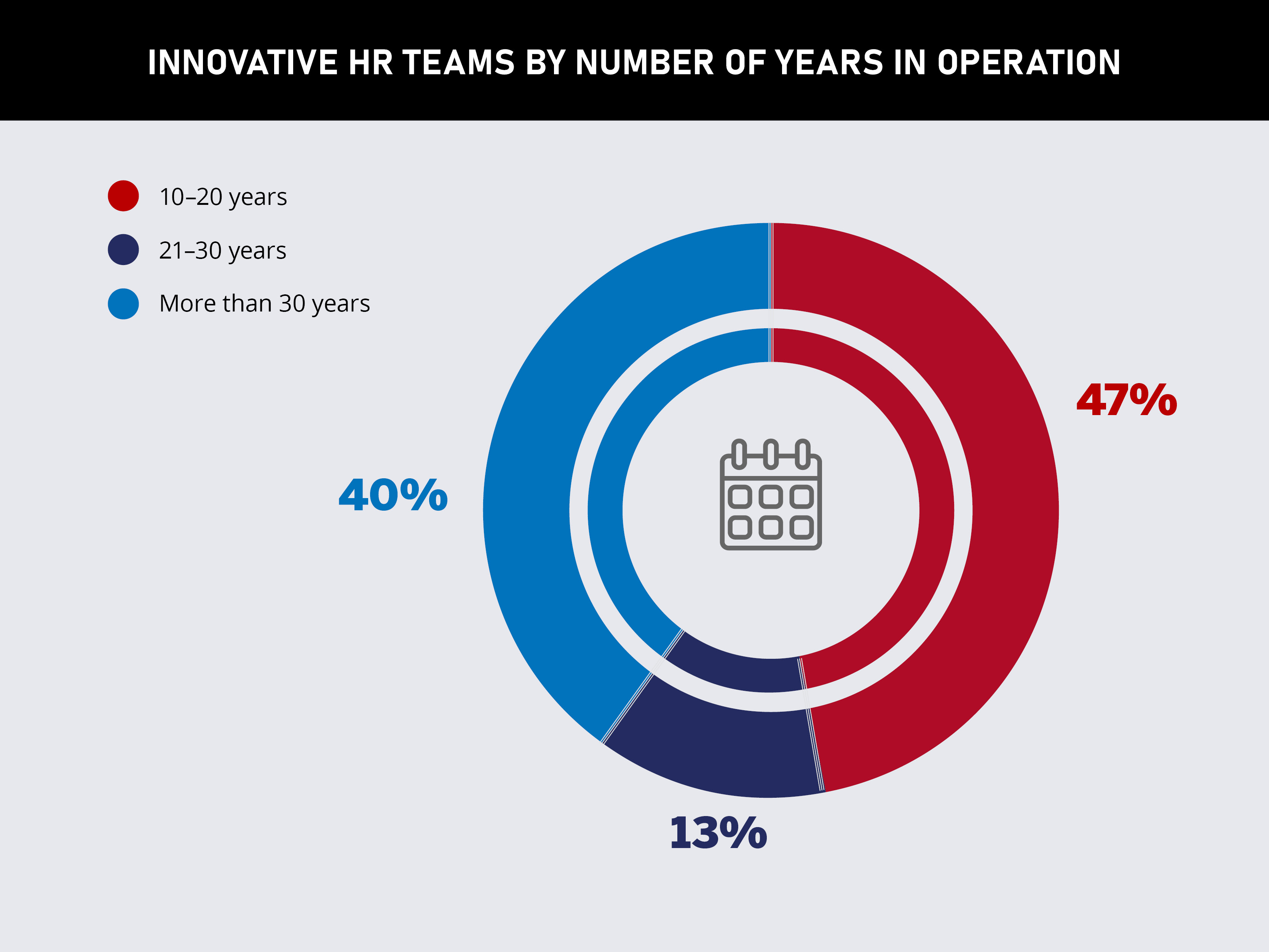
HRD Asia’s Innovative HR Teams 2024 special report recognises teams that are breaking boundaries to move the HR industry forward, whether by taking a progressive approach to recruitment, introducing new technology, or rolling out a groundbreaking reward and recognition strategy. The report offers HR teams a unique benchmarking opportunity to see how their initiatives compare with those of the profession at large.
Readers were invited to nominate HR teams who were agile, bold and forward-thinking in their people strategies. Nominators were encouraged to focus on a broad range of areas, including talent management, diversity and inclusion, health and wellness, and HR technology. Entries were expected to largely focus on initiatives introduced and results achieved in 2023.
HRD Asia objectively assessed each entry for detailed information, true innovation and proven success, and benchmarked them against the other entries to determine this year’s winners.